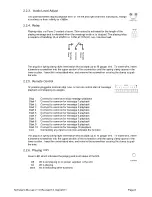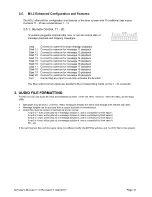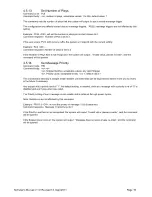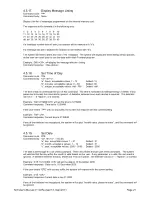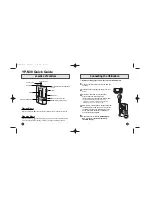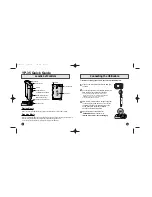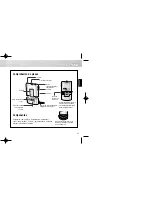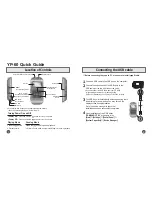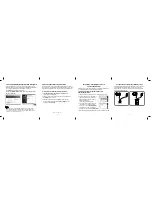
4.5.7. RS232 Serial Port Speed
Command code: SPD
Command body: <a>, baud rate setting, acceptable values: 0 to 6 (Default: 4)
The speed of the RS232 port may need to be configured for different controllers. This command provides control of
this feature. The different settings are described below:
0: 9600 Baud
1: 19,200 Baud
2: 38,400 Baud
3: 57,600 Baud
4: 115,200 Baud (Default)
5: 230,400 Baud (Support to be determined)
6: 460,800 Baud (Support to be determined)
The default setting is 4, but once changed, the change will be stored in non-volatile memory and used at every boot
up.
***Note: Upon sending the response to this command, RS232 communication will be changed requiring that the
communication software be restarted with the new baud rate setting.***
Example: SPD0 <CR>, will set the baud rate of the RS232 port to 9,600 baud
Command response: Baud rate changed to 9600, please reset your communication settings now. <Change baud
rate>
If the user enters “SPD” with out any suffix, the system will respond with the current setting.
Example: SPD <CR>,
Command response: Baud Rate is set to 115200
If the Port Speed field is not recognized, the system will output: “Invalid value, please re-enter”, and the command
will be ignored.
4.5.8. Restore Default Configuration
Command code: CFG
Command body: none
Any settings configured over the RS232 port can be reset to factory default settings through the use of this
command. After the command is sent, the unit will reset all configurable settings to factory defaults, then reset the
system.
Example: CFG <CR>, will restore all of the settings to their default values
Command response: This command will reset all configurable settings to their default value. Are you sure? <y/n>
If the user enters “y”: Default settings loaded, followed by a system reset and the system start up banner.
If the user enters “n”: CFG Command aborted
4.5.9. Format SD Card
Command code: FMT
Command body: none
This command will format the entire SD Card, completely erasing the contents of the card. All audio files,
configuration files, and all other files will be permanently and irrevocably deleted.
Example: FMT <CR>, will format the SD card
Command response: This command will format the SD Card and delete all messages. Are you
sure? <y/n>
If the user enters “y”: SD Card formatted, followed by a system reset and the system start up banner.
If the user enters “n”: FMT Command aborted
M3 User's Manual V 1.0 Revised 13, Sept 2011
Page 17






